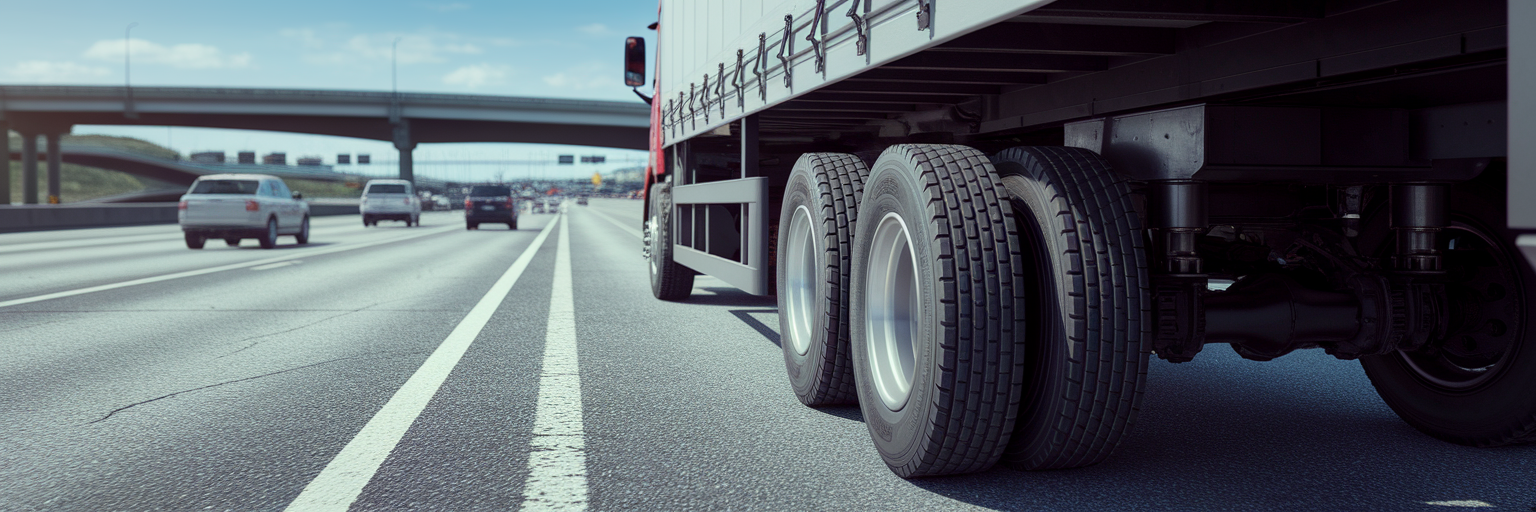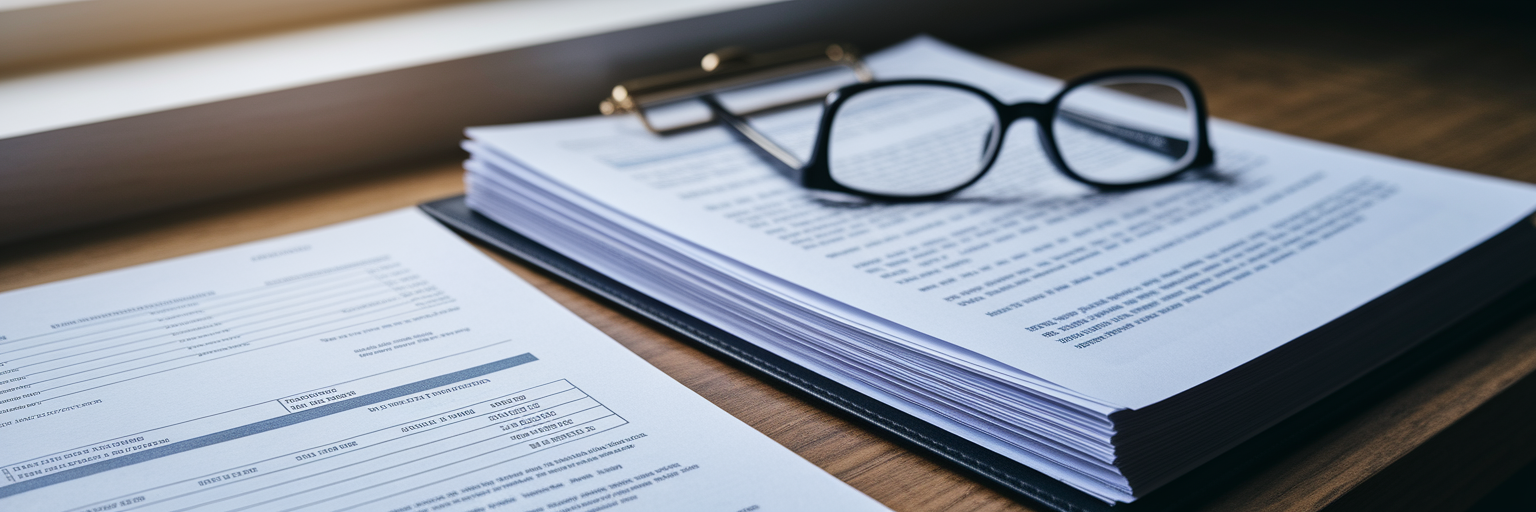Interstate 526 is a vital artery for Charleston, but it’s also the scene of serious collisions involving large commercial trucks. The moments after such a crash are disorienting and chaotic. Knowing what to do immediately can protect your health and your right to fair compensation.
Immediate Actions at the Accident Scene
In the immediate aftermath of a collision, your priority is safety. The noise, the traffic, and the shock can be overwhelming, but a few clear actions can make a significant difference. These are the most important I-526 truck accident steps to take in that first critical hour.
- Prioritize Safety and Seek Medical Attention. First, check yourself and your passengers for injuries. If you can move your vehicle out of the flow of traffic, do so. If not, turn on your hazard lights. Call 911 immediately to report the crash and request medical assistance. Adrenaline is a powerful hormone that can easily mask pain from serious conditions like internal bleeding or a concussion. Even if you feel fine, get evaluated by paramedics or visit an emergency room. Your health is the top priority.
- Document Everything Meticulously. Your phone is your most important tool for gathering evidence. Take photos and videos of everything from multiple angles. Capture the damage to all vehicles, the truck’s license plate, and the company name and USDOT number typically displayed on the cab door. Document skid marks, road debris, and any relevant traffic signs or signals. It is also essential to get the truck driver’s contact and insurance information, along with the names and phone numbers of any witnesses who saw what happened.
- Report the Facts, Avoid Admitting Fault. When the police arrive, give them a clear and factual account of what you remember. Do not guess or speculate about speeds or distances. With the truck driver, be polite but reserved. Most importantly, do not apologize or say anything that could be interpreted as admitting fault. A simple “I’m sorry this happened” can be twisted by the trucking company’s insurance adjuster and used against you later. Stick to the facts.
Understanding Liability in a Commercial Truck Crash
Once you are safe and have received medical care, the focus shifts to understanding who is responsible. A crash involving a commercial truck is fundamentally different from a typical car accident. The question of fault often extends far beyond just the driver, involving a complex chain of responsibility.
The Chain of Responsibility
In a passenger car wreck, liability usually falls on one driver. With a commercial vehicle, multiple parties could share the blame. This concept is central to commercial truck accident liability. The truck driver may be at fault for speeding or distraction, but their employer, the trucking company, could also be liable for negligent hiring, poor vehicle maintenance, or pressuring the driver to ignore safety rules. Other parties, like the company that loaded the cargo or the manufacturer of a defective truck part, could also be held responsible.
The Role of Federal and State Regulations
The trucking industry is governed by a strict set of rules from the Federal Motor Carrier Safety Administration (FMCSA). These regulations cover everything from how many hours a driver can be on the road to mandatory vehicle inspections. As an official source from the FMCSA highlights, these hours-of-service rules are designed to prevent driver fatigue. A violation of these federal rules, such as a falsified logbook, serves as powerful evidence of negligence in a claim.
South Carolina’s Comparative Negligence Law
It is also important to understand South Carolina truck accident laws, specifically the principle of modified comparative negligence. This rule means you can still recover damages even if you were partially at fault for the accident, as long as your share of the blame is 50% or less. Your compensation would simply be reduced by your percentage of fault. This is why a thorough investigation is so critical to ensure blame is not unfairly shifted onto you.
| Potentially Liable Party | Common Reasons for Liability | Key Evidence to Investigate |
|---|---|---|
| The Truck Driver | Speeding, distracted driving, driving under the influence, violating traffic laws | Police report, driver’s logbook, toxicology reports, witness statements |
| The Trucking Company | Negligent hiring, inadequate training, poor vehicle maintenance, pressure to violate HOS rules | Company hiring records, maintenance logs, driver qualification files, internal communications |
| The Cargo Loader/Shipper | Improperly secured or overloaded cargo, unbalanced load causing instability | Bill of lading, loading dock records, weight station receipts, expert analysis of cargo |
| The Vehicle/Parts Manufacturer | Defective brakes, tire blowouts due to defects, steering failure | Vehicle recall notices, expert mechanical inspection, maintenance history |
This table illustrates the various parties that could be held responsible in a commercial truck accident case. The evidence required to prove fault is often complex and held by the trucking company, making swift legal action essential.
The Formal Process of Filing Your Claim
With an understanding of who can be held liable, the next phase involves formally building your case. Knowing how to file a personal injury claim correctly is essential for protecting your rights and pursuing the compensation you deserve. This process is methodical and requires careful attention to detail.
- Notify All Relevant Insurance Companies. You should report the accident to your own insurance company as soon as possible. However, be extremely cautious when the trucking company’s insurer contacts you. Their goal is to protect their company’s financial interests, not yours. Avoid giving a recorded statement or signing any documents without legal advice. An early settlement offer may seem tempting, but it is almost always far less than what your claim is actually worth.
- Compile a Comprehensive Evidence File. The photos and notes from the accident scene are just the start. Now, you must systematically gather all related documents. This includes obtaining the official police report, keeping every medical bill and record from all providers, and getting a letter from your employer that documents your lost wages and time away from work. This file becomes the foundation of your claim.
- Adhere to South Carolina’s Statute of Limitations. This is a critical deadline you cannot miss. In most cases, South Carolina law gives victims only three years from the date of the accident to file a lawsuit. If you fail to file within this timeframe, you will permanently lose your right to seek any compensation for your injuries and losses.
- Prepare and Send a Demand Letter. A demand letter is a formal document that presents your case to the at-fault party’s insurer. It outlines the facts of the accident, establishes why their insured is liable, details all your damages, and makes a formal demand for a specific settlement amount. An experienced attorney can ensure this demand is comprehensive and properly valued, forming a strong basis for your entire personal injury claim.
Common Hurdles in Truck Accident Cases
Filing a claim against a commercial trucking company is not a straightforward process. Their insurers and legal teams are prepared to defend these cases aggressively. Understanding the challenges you may face can help you prepare for the road ahead.
- Countering Insurance Adjuster Tactics. Trucking insurers are skilled negotiators. They often make a quick, lowball settlement offer before you even know the full extent of your injuries. They may also try to use your own words from a casual phone call to argue that you were at fault. An attorney anticipates these moves and handles all communication to protect you.
- The Risk of Disappearing Evidence. This is a critical issue in truck accident cases. The truck’s electronic data recorder, or “black box,” contains vital information about speed, braking, and hours of service. This evidence, along with maintenance logs and driver records, is controlled by the trucking company. If a formal spoliation letter is not sent immediately demanding its preservation, this crucial evidence can be legally destroyed or overwritten.
- Proving the Full Extent of Your Damages. Your losses are not just your current medical bills. A serious injury may require future surgeries, ongoing physical therapy, or a permanent change in your ability to work. Calculating these future costs, along with non-economic damages like pain and suffering, often requires input from medical and financial experts. Building a case that accounts for all these damages requires specific experience, which is why working with dedicated Charleston truck accident lawyers can be critical.
Why a Charleston-Based Attorney Matters
When you are up against a powerful trucking company and its insurer, you need an advocate who can level the playing field. A local Charleston truck accident lawyer brings specific advantages that can make a significant difference in your case. They are familiar with the unique hazards of I-526, from the sharp curves on the Don Holt Bridge to the congested interchange with I-26.
This local knowledge extends to the courtroom. An attorney rooted in the Lowcountry has established relationships with local judges, court personnel, and the expert witnesses needed to build a strong case. They will handle the aggressive negotiation tactics of the insurance company and are prepared to take your case to a South Carolina court if a fair settlement is not offered. Don’t face this challenge alone. To understand your rights and options, reach out for a consultation today.


